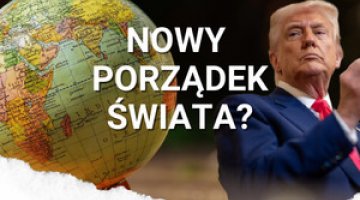The Russian opposition movement in deadlock, social discontent is mounting
On 15 December anti-government rallies were held in Moscow and several other towns in Russia. They were organised on the anniversary of last year's protests against the rigging of the parliamentary elections. The largest gathering in Moscow on Lubyanka Square was not authorised by the government.This demonstration took the form of laying flowers at the foot of the monument to victims of totalitarian repressions and it is estimated that approximately 2,000 people took part in it.
Commentary
- The rally was a test of the effectiveness of the Coordination Council, which was established as a network of co-operation for opposition circles and the body coordinating protest actions, and it must be regarded as having failed. The council did not present a coherent position on the latest illegal action; a section of the leaders urged people to come to the rally, while others cautioned against it. The lack of a programme for reform remains the main criticism aimed at the opposition movement–according to the Levada Center, 57% of society think that the Coordination Council does nothing more than criticise the government and is unable to offer a concrete programme of reforms.
-
Low turnout for the rally indicates that opposition circles are not able to make use of the discontent mounting in various social groups. The involvement in street actions of the urban middle class – which participated in the protests last year – is declining, mainly due to a lack of results and a lack of belief in the possibility of change being brought about in this way. Furthermore, the leaders of the opposition movement have not decided to raise potentially popular social issues which could attract poorer sections of society to take part in rallies. The Russian protest movement expresses above all the aspirations of the urban middle class which wants to reduce state interference in social and economic life.
- The course of the rally in Moscow indicates that in the short term the tactic of the government towards protests is proving effective. The Kremlin succeeded in disrupting the actions of the protesters–the lack of permission for the Saturday rally discouraged a part of protesters; part of its leaders were stopped at the start of it. The government is also trying to intimidate the opposition – before the rally, criminal trials were launched against the main leaders of the opposition, Sergei Udaltsov and Aleksei Navalny. Furthermore, the Kremlin has hit the financial support base of the opposition and non-governmental organisations which are at the core of social activity. The law which compels NGOs benefiting from foreign funding to obtain the status of “foreign agent” and the American agency USAID’s expulsion from Russia have brought about dire consequences. All this has forced a section of Russian NGOs to search for sources of funding in the country and at the same time it has discouraged a part of Russian business circles and citizens from co-operation with the “agents”. Even though, due to donations from Russians, the most respected organisations such as the Moscow Helsinki Group have succeeded in garnering a part of the funds which will enable them to survive the next year, these funds are not sufficient to finance their activity on the present scale.





